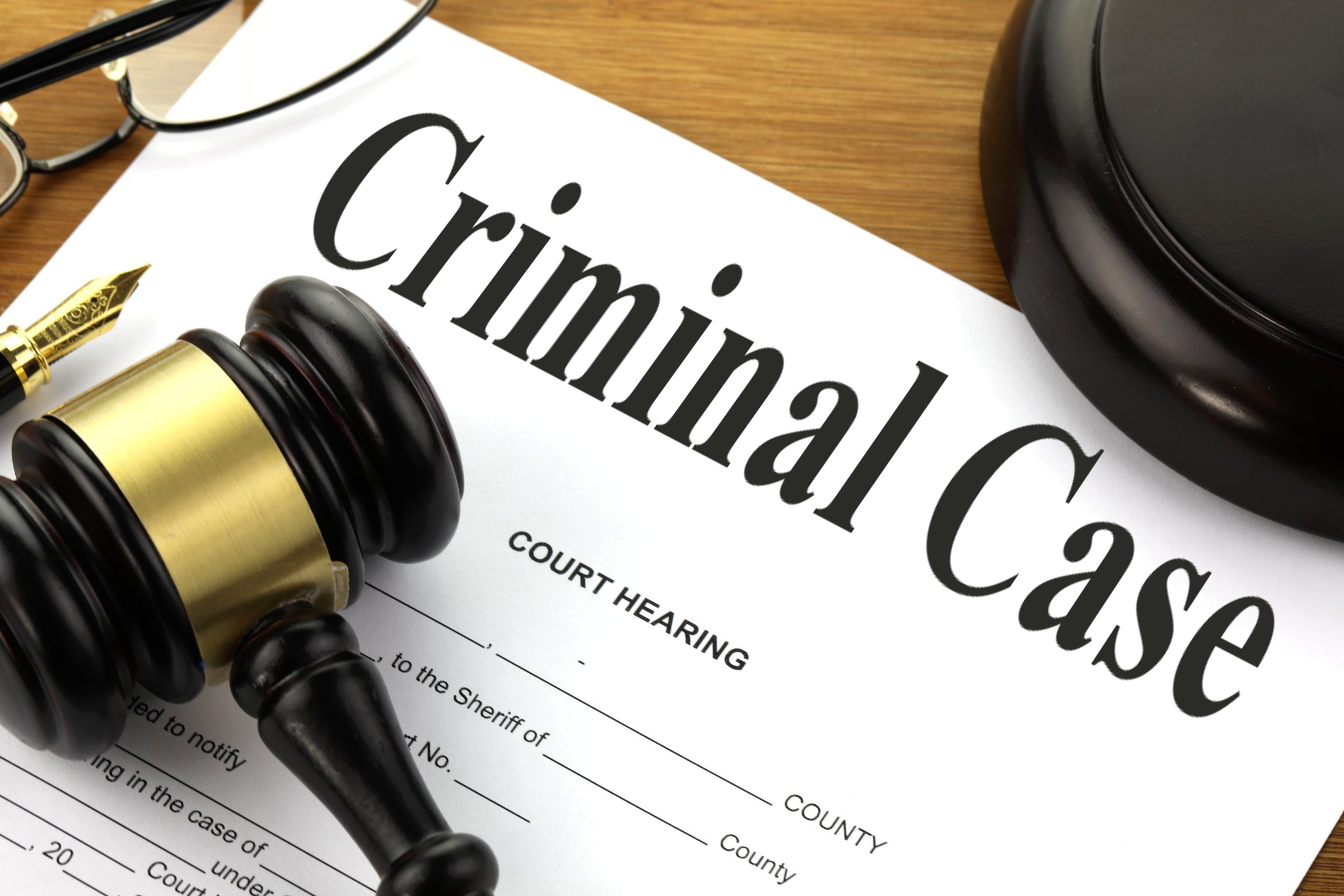
Criminal Cases:
Criminal cases involve legal proceedings where the government accuses an individual or entity of committing a crime. Unlike civil cases, which deal with private disputes between parties, criminal cases are initiated by the government to punish individuals for violating laws that are deemed to be offenses against the public or the state. Here are key aspects of criminal cases:
- Types of Crimes:
- Felonies: Serious offenses such as murder, robbery, and burglary, often punishable by imprisonment for more than a year.
- Misdemeanors: Less severe offenses like petty theft, simple assault, or minor drug possession, usually punishable by less than a year of imprisonment.
- Initiation of Criminal Cases:
- Investigation: The police or law enforcement agencies conduct an investigation into alleged criminal activity.
- Arrest: If there is sufficient evidence, the suspect may be arrested.
- Charging Decision: Prosecutors decide whether to file formal charges based on the evidence provided by law enforcement.
- Criminal Complaint and Indictment:
- Complaint: A formal charging document filed by the prosecutor, outlining the charges against the defendant.
- Indictment: In some cases, especially for serious offenses, the prosecutor may present evidence to a grand jury, which decides whether to issue an indictment.
- Arraignment:
- The defendant is brought before the court, informed of the charges, and asked to enter a plea (guilty, not guilty, or no contest).
- Bail and Pretrial Release:
- The court may set bail, allowing the defendant to be released from custody before trial, provided they comply with certain conditions.
- Discovery:
- Both the prosecution and defense exchange information and evidence relevant to the case.
- Plea Bargaining:
- Before trial, the prosecutor and defense may negotiate a plea agreement, where the defendant agrees to plead guilty to a lesser charge in exchange for a reduced sentence.
- Pretrial Motions:
- The defense or prosecution may file motions asking the court to rule on specific issues, such as the admissibility of evidence or the dismissal of charges.
- Trial:
- Jury Selection: In most cases, a jury is selected to hear the evidence and render a verdict.
- Opening Statements: In most cases, a jury is selected to hear the evidence and render a verdict.
- Presentation of Evidence: Witnesses testify, documents are presented, and evidence is introduced.
- Cross-Examination: Attorneys question the opposing party's witnesses.
- Closing Arguments: Attorneys summarize their case and present legal arguments.
- Jury Instructions: The judge instructs the jury on the law applicable to the case.
- Verdict: The jury renders a decision of guilty or not guilty.
- Post-Trial Proceedings:
- Sentencing: :If the defendant is found guilty, a separate sentencing hearing determines the punishment.
- Appeals: :The defendant or prosecution may file appeals challenging the verdict or sentence
- Legal Representation:
- Defense Attorney: Defendants have the right to legal representation, and many choose to hire defense attorneys to advocate on their behalf.
- Prosecutor: Government attorneys who represent the state in criminal cases.
- Burden of Proof:
- Beyond a Reasonable Doubt: The standard in criminal cases, requiring the prosecution to prove the defendant's guilt to such an extent that there is no reasonable doubt in the minds of the jurors.
- Legal Rights of the Accused:
- Miranda Rights: :The right to remain silent and have an attorney present during questioning.
- Right to Counsel: The right to have an attorney represent the defendant throughout the criminal proceedings.
- Punishments:
- Fines: Monetary penalties.
- Probation: Supervised release instead of or in addition to incarceration.
- Imprisonment: Incarceration in jail or prison.
- Community Service: Incarceration in jail or prison.
- Victim Impact Statements:
- Victims may have the opportunity to present statements during sentencing to describe the impact of the crime on their lives.
Criminal cases are designed to punish individuals who violate laws, deter others from committing crimes, and protect the public. The legal procedures and rules governing criminal cases vary by jurisdiction, and individuals accused of crimes have important legal rights and protections under the law.
